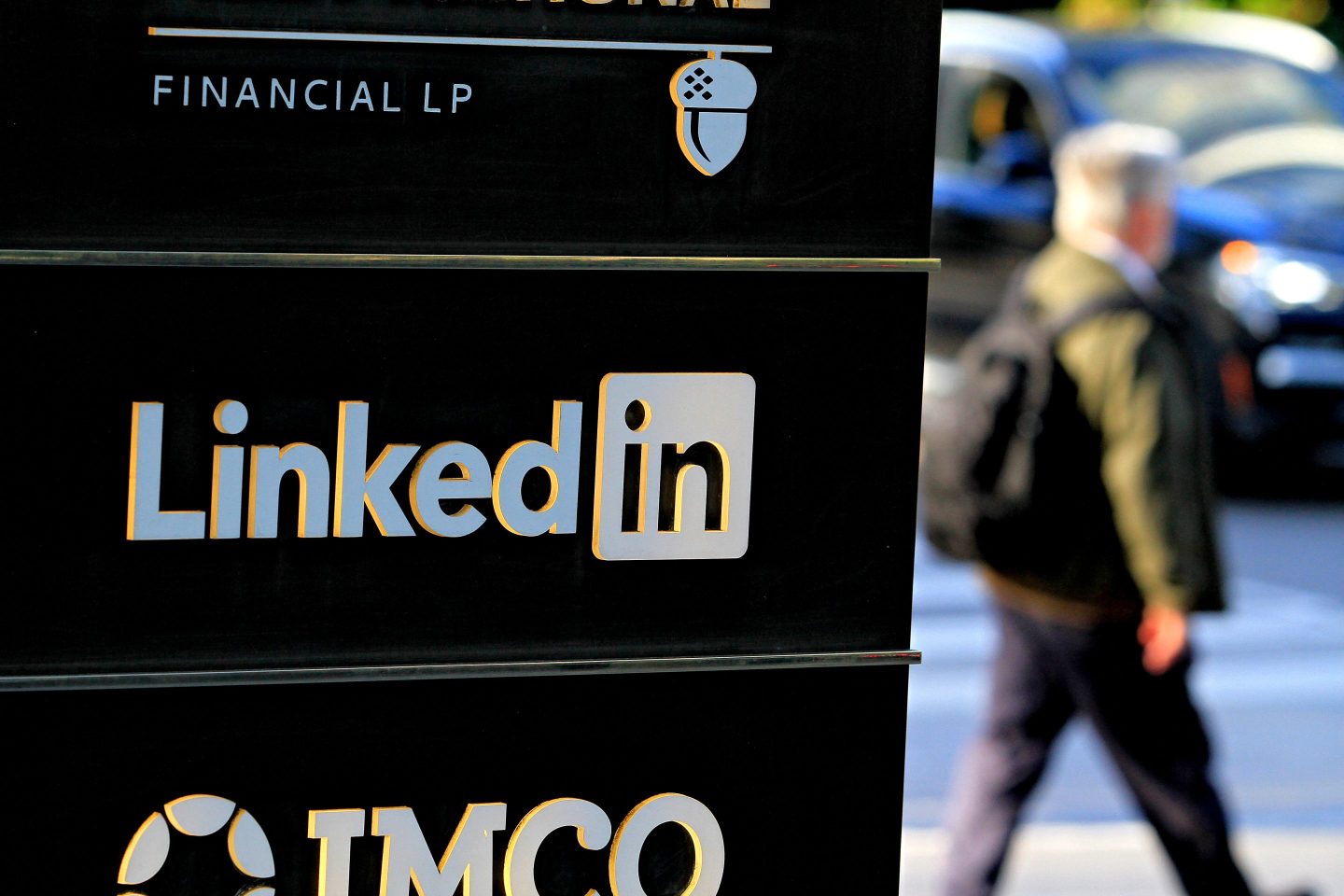By the time we’re halfway through 2025, several paid leave laws will have taken effect in US states.
While federal law doesn’t require employers to grant employees paid leave to deal with illnesses or family matters—such as bonding with a new baby—multiple states have passed their own laws to this effect in recent years.
Alaska, Michigan, and Maine are among the latest states with paid sick or family leave laws on the books.
The state of paid sick leave. Starting July 1, Alaska employers with 15 or more employees must allow workers to accrue and use at least 56 hours of sick leave each year, thanks to a ballot measure passed by voters in 2024. Also under the measure, smaller employers must permit their workers to accrue and use at least 40 hours annually.
The Alaska policy cites a number of reasons employees may use paid sick leave, including dealing with a mental or physical illness, caring for a family member dealing with an illness, or dealing with safety-related issues such as domestic violence.
In February, Michigan started enforcing the Earned Sick Time Act, which requires employers to provide up to 72 hours of paid sick leave to workers each year (40 hours, in the case of small businesses). It applies to workers who are physically located in Michigan, even if their employer is not.
Like Alaska’s law, Michigan’s allows workers to take earned sick time for a variety of reasons, including handling an illness for themselves or a family member, seeking services to handle domestic violence or sexual assault, or caring for a child whose school or daycare has closed due to a public health emergency.
A Missouri sick leave statute took effect on May 1, but will likely be repealed by the end of the summer due to a measure that the Missouri General Assembly passed on May 14. The bill, which Gov. Mike Kehoe is expected to sign and would begin Aug. 28, would overturn sick leave provisions included in a ballot measure that Missouri voters approved last year. Republican legislators voted in favor of the bill to block the sick leave provisions after representatives of industries, including food service and grocery stores, expressed concern the provisions would hurt their bottom lines.
Nearly 20 states now require employers to provide paid sick leave to workers, while three states—Illinois, Maine, and Nevada—have enacted laws mandating paid leave for any reason.
The state of paid family leave. Thirteen states and the District of Columbia have enacted paid family leave programs in recent years. All of the programs grant workers paid time off to bond with or care for a new child, as well as care for a family member with a serious health condition.
Maine’s paid family and medical leave mandate is the most recent one to take effect, as employers were required to begin payroll contributions for the program in January. Workers can begin taking advantage of the benefits in May of next year.
Although Maryland enacted a paid leave law in 2022, the start of the program has been delayed for three years in a row. Payroll deductions were scheduled to begin on July 1, but they’re now slated to start on Jan. 1, 2027, with benefits kicking in the following year. The Maryland Department of Labor recommended these changes due to workforce instability spurred by the Trump administration’s decision to lay off thousands of federal workers, and Gov. Wes Moore signed a bill to delay the program once more.
Minnesota’s paid leave program has also faced some pushback, but is still set to take effect in January 2026.
This report was originally published by HR Brew.












